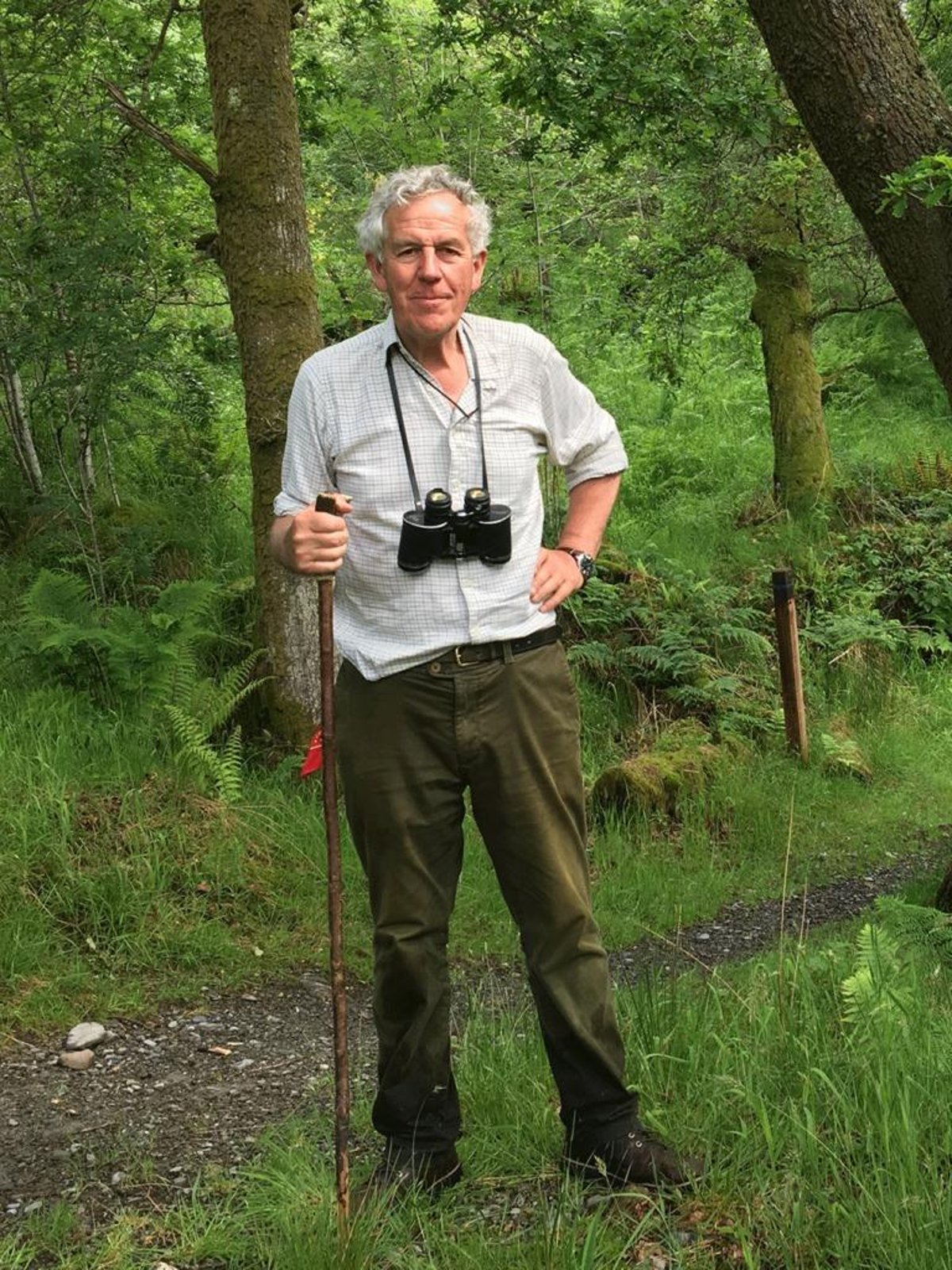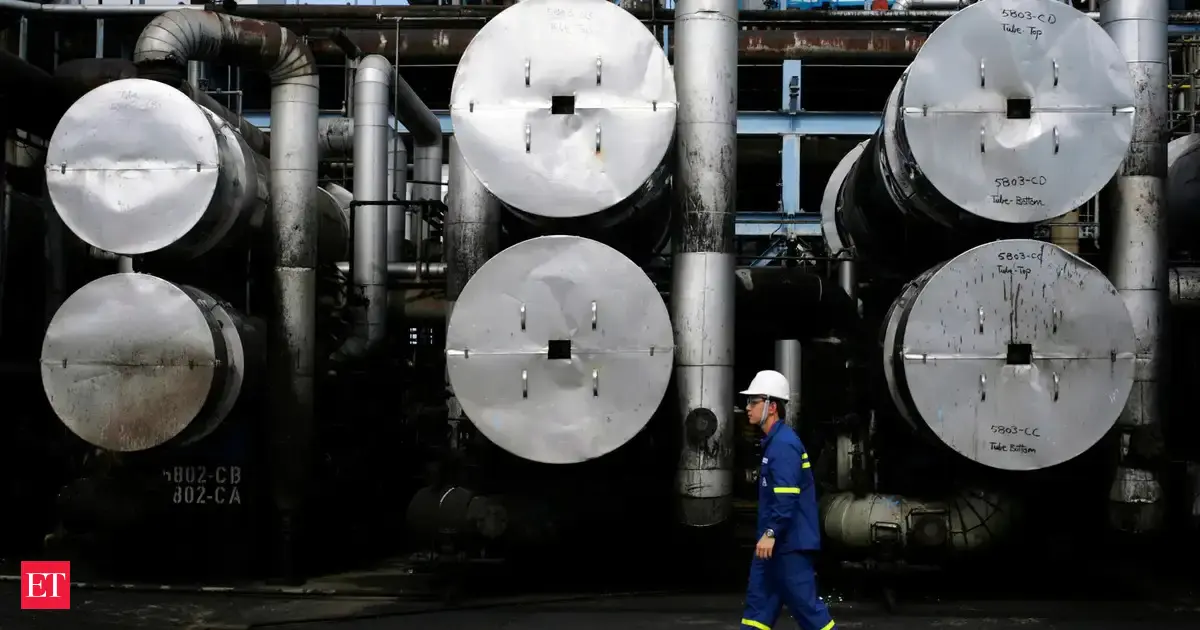Scotsman Obituaries: James Hepburne Scott OBE, forester who pioneered carbon finance to support woodland creation
By Ann Packard
Copyright scotsman

Black Watch Infantry Officer, farmer, forester, friend, mentor, ally, one-time prospective parliamentary candidate, passionate family historian, keen violinist, lover of a good ceilidh and, above all, respected by all who valued his informed views and purposeful energy – James Hepburne Scott was a polymath in a rural setting. The son of The Honourable Francis Michael Hepburne-Scott (Lothian and Borders Horse Regiment) and his wife Marjorie (nee Ross), James was born in Bangor, Northern Ireland, in July 1947, and educated at Aysgarth and Eton. And who knows, perhaps the Aysgarth motto “Ex quercu non ex saline” (of oak not of willow) influenced his later contributions to the world of forestry? From a remark years ago, his interest in the natural world ensured the late Aubrey Manning – deemed by some “Scotland’s David Attenborough” – commanded James’ attention. James wed Christian Surtees in March 1972. They had three children, Walter, Emily and George, born in 1974, 1977 and 1983 respectively. James and Christian moved to Bottlesford in Wiltshire a few years ago. In his final challenging months he was blessed by Christian’s care for him, as well as that of nearby family and friends. The year 1965 saw James at the Royal Military Academy Sandhurst. He passed out as a senior under officer, with a story revealing that he was on par for the Sword of Honour but fell asleep on his final exercise with his rifle outside his sleeping bag – a cardinal sin. In 1967 he was commissioned into the 1st Battalion The Black Watch and posted to Minden, West Germany, later being stationed at Kirk Newton, Edinburgh. In 1968 he was picked for the Royal Guard at Balmoral, a year later being sent to Shrivenham Royal Military College to read for a degree in Combined Science. His service in the Black Watch continued to 1977, including three tours of duty in Northern Ireland and two years in Hong Kong. His final post was as Adjutant at the Scottish Infantry Training Depot in Aberdeen. He was latterly a member of the Royal Company of Archers from 1994. In the 1992 general election he was the Conservative candidate in East Lothian, losing to John Home Robertson, who had held the seat since 1983. But perhaps the best was to come. James, so happily married and with family, owned for 28 years a small hill farm in Berwickshire, where he planted 40 acres of new woodland and led the planting of community woodland around the town of Lauder. But his contribution to forestry went much wider, with a legacy of significance. James, together with his business partner, Stephen Prior, was the first pioneer of using carbon finance to support woodland creation and peatland restoration projects in the UK. His idea started in 2005, initially by supporting new woodlands across southern Scotland with the support of Marks & Spencer, as part of its Plan A sustainability strategy, long before an established domestic voluntary carbon market existed in the UK. He and Stephen established Forest Carbon Ltd the following year, and then lobbied and worked with the Forestry Commission on developing the Woodland Carbon Code (2011), and with Defra on the subsequent Peatland Code (2015), to develop the market for UK “natural capital”. Forest Carbon is now co-led by James’s son George. Lord Joicey, former Vice President of the of the Border Union Agricultural Society, said of James: “His ideas for carbon storage were groundbreaking at the time”, adding that “he was a man ahead of his time”. Forest Carbon – for some years the only UK business of its type – has to date co-funded the planting of some 13 million trees, and the restoration of some 2,000 hectares of degraded peatland, with funding being secured from their many clients including Microsoft and Heathrow Airport. James served as Chairman of the Forestry and Timber Association, President of the Royal Scottish Forestry Society (RSFS), and Chairman of the (River) Tweed Forum. He was honoured by the award of an OBE in 2023 for Services to Forestry and the Environment, and was an Honorary Fellow of the Institute of Chartered Foresters. Always modest, he nonetheless took pride in being awarded Honorary Fellowship of the Institute of Chartered Foresters. The award recognised James’s contribution to the forestry sector, in particular his long-time lobbying of government for greater support for UK forestry, Forest Carbon having enabled over 8,000 hectares of new woodland creation. Speaking of this award, James said: “I thank the Institute most sincerely for this award, which has touched me deeply. I hope to help the Institute grow the reputation of British forestry and encourage good young people to make it their career.” RSFS President Wilma Harper said: “James was a remarkable man who made a huge contribution to forestry through his drive and enthusiasm. He was a passionate advocate for the RSFS. I worked with him in the early days of the Woodland Carbon Code and he later persuaded me to join the RSFS Board, It was a privilege to count him as a colleague and friend.” Outside agriculture and forestry, he was a passionate family historian, with a deep interest in the life of his fellow clansman Sir Walter Scott, delivering the lecture “A Tale of Two Homes: Abbotsford and Mertoun, and Two Families”, and a keen violinist, playing in a succession of Scottish reels and ceilidh bands continually from his teenage years until the very last weeks of his life. He nurtured the careers and volunteering of others, being widely acknowledged as a man singularly and quietly generous with his time, advice, expertise, friendship and encouragement. A Lauder near neighbour, Margaret Baillie, recalls “the impactful advice” he gave her son Alexander. With every encounter one’s respect and affection for him grew. In common with many, I will miss him for his encouragement, his sense of duty, his good humour, zest for life and above all, his sustained contribution to Scotland. Obituaries If you would like to submit an obituary (800-1000 words preferred, with jpeg image), contact gazette@scotsman.com



